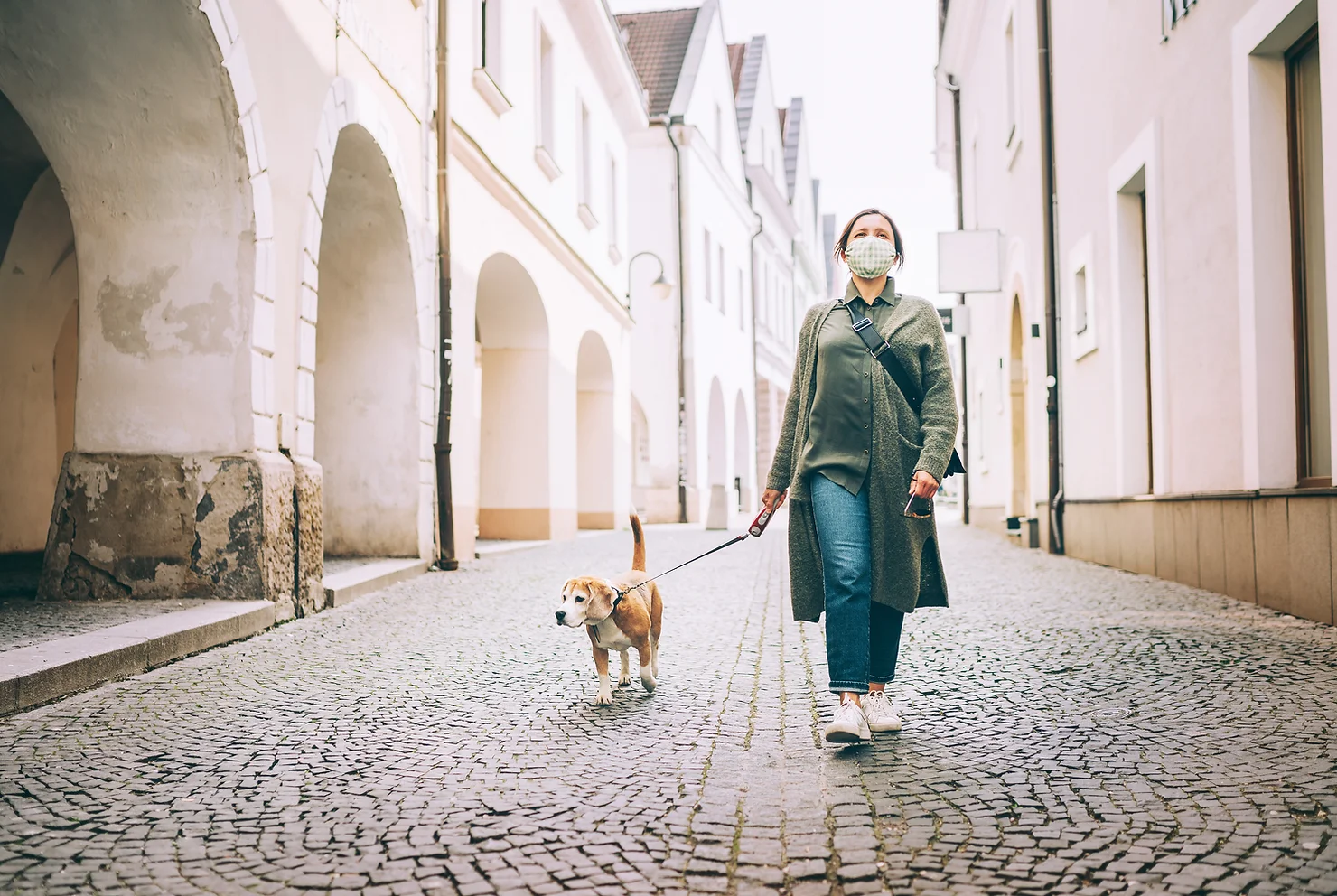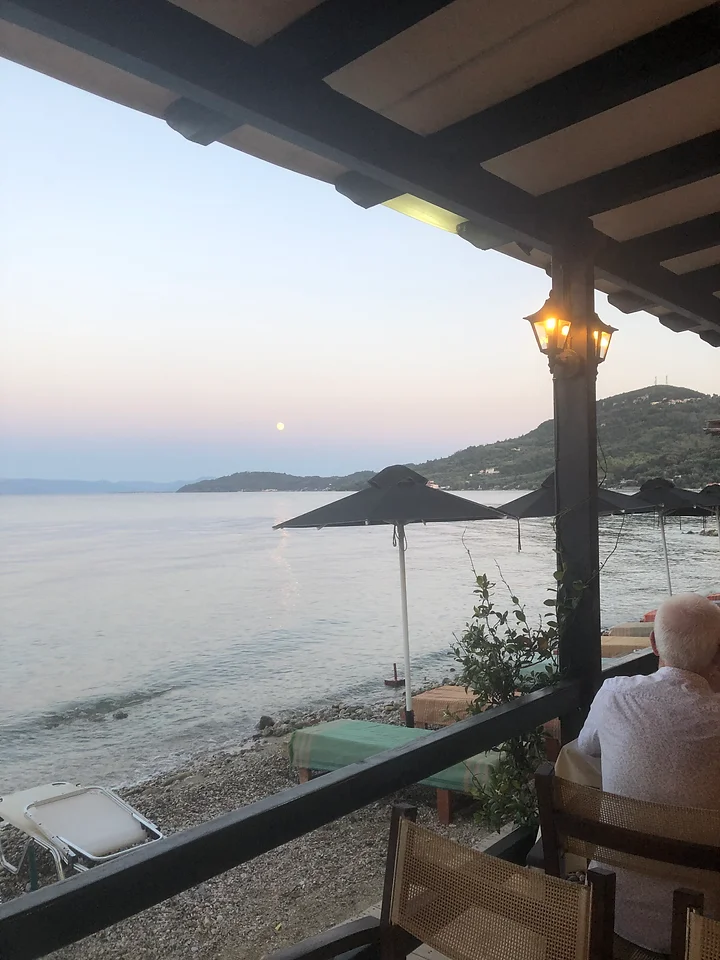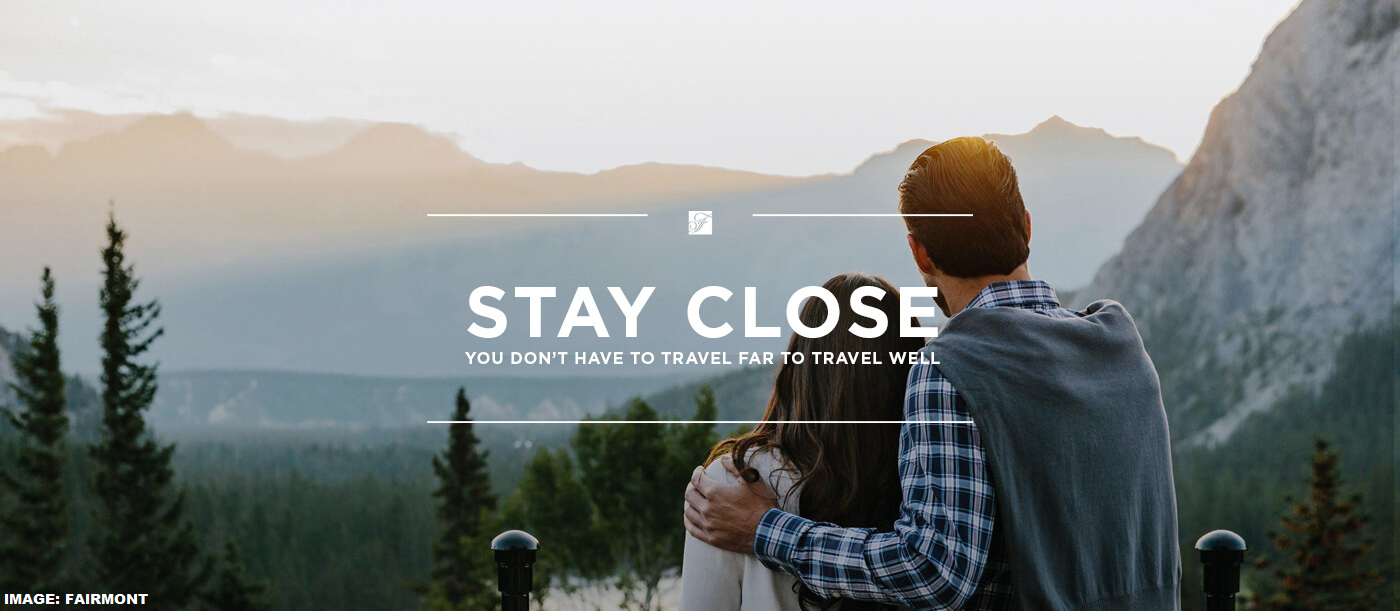Has the world gone insane? 10 Crazy covid rules around the world
Well I know it has been awhile since I’ve written but there hasn’t been much to write about. I spent most of August with my head buried in the sand, like the ostrich I feel like. As summer comes to an end I am getting a renewed sense of hope. Yes I know that no one is travelling now, yes I know I don’t have any booking, yes I know the US border is still closed and YES I know we still have to quarantine if we travel anywhere. BUT still I feel the masses are getting restless and starting to talk and even potentially, maybe, discuss the possibility or travelling.
In this light I thought I would post a funny article about some crazy rules in different countries. Also I will be posting an article from a good friend living in London who jetted down to Greece for the weekend. So far the few people I know that have traveled have all said they found it easy, safe, clean, uncrowded and surprisingly effortless.
Continue to dream about travel!
“The world has gone mad.” If my long-suffering wife had a pound for every time she’s heard me utter these five words over the last few months, she’d be a wealthy woman. But some of the rules and regulations introduced by countries across the planet (all in the name of science, of course) warrant no further comment. Here are some of the most idiotic.
No smoking on the street in Spain
Let’s start with the most recent addition to Spain’s draconian rulebook. Having foisted on its poor people one of Europe’s strictest lockdowns, the Spanish authorities are still at it. Last week the Canary islands, as well as the region of Galicia, effectively banned smoking in public places over concerns it increases the risk of Covid-19 transmission. More regions are expected to follow suit. Why? The President of the Canary Islands, Angel Victor Torres, said a ban was needed because “infected smokers could blow droplets carrying the virus when they exhale.” How he thinks non-smokers breathe was not explained.
As Christopher Snowdon points out, writing for The Telegraph, an ironic twist is provided by growing evidence that smokers are actually less susceptible to Covid than the rest of us. He said: “Studies suggesting that smokers are surprisingly resistant to Covid-19 have been around since April and, although it has received minimal media attention, the evidence has been growing stronger every week. A study in the Lancet last month found that countries with more smokers had less Covid-19. While I don’t expect to public health officials to actively encourage people to smoke, there is no reason to think that a renewed clampdown on smoking is going to do a lick of good in the public health crisis that has engulfed the world. It may well make things worse, but when all you have is a hammer, everything looks like a nail.”
Brazil’s pillow ban
The main worry about flying during a pandemic? It’s not the close proximity of 200 other travellers, or the probability of Boris Johnson forcing you to unexpectedly quarantine when you get home, but the pillows. Of course. That’s why Brazil, whose president has been pretty relaxed about most things during the Covid crisis, has decided to wage war on these soft and fluffy Vectors of Disease.
US aviation website View From the Wing has the story: “In a move that seems aimed more at teenagers travelling as part of a school trip than on fighting the novel coronavirus, Brazil has apparently banned pillows on aircraft. U.S. airlines don’t reuse pillows without sanitizing them first, airlines are cleaning and disinfecting more than ever before – especially on international flights – and surface transmission of SARS-CoV-2 is now thought to be much less common than aerosolized spread.
“Nonetheless, a memo from United Airlines to its flight attendants outlining new rules from Brazil’s Health Regulatory Agency banning pillows on aircraft.
“The ban means that United Airlines cannot provide pillows to passengers on its flights to and from Brazil (including their business class ‘cooling gel’ pillows) and passengers are not permitted to bring their own pillows on board, either.”
Cambodia’s ‘death deposit’
Witnessing the UK’s shambolic travel policy makes one wonder whether they even want any tourists to visit this year. Keep your money, you big spending globetrotters, our economy is doing fine! But even more bizarre was Cambodia’s recent attempt to start luring visitors back. It hasn’t officially lowered the drawbridge just yet, but when it does not only will you need to provide evidence of a negative Covid-19 test, but you’ll also have to hand over a $3,000 deposit to cover the cost of various coronavirus “services”. Here’s the full run-down of those delightful services:
$5 for transport from the airport to a waiting centre, $100 for one Covid-19 test, $30 for overnight stay at a hotel or waiting centre and $30 for three meals a day while waiting for the test result.
If one passenger tests positive for Covid-19, all those on the same flight will be quarantined for 14 days. Each passenger will have to pay $100 for a Covid-19 test and $84 a day to pay for the stay in a hotel or quarantine facility.
For a Covid-19 positive patient, they will be charged $100 per Covid-19 test (maximum four tests), and $225 a day for hospital room, medical treatment service, meals, laundry and sanitary services. In addition, in case of death the cremation service charge is $1,500.
If issuance of a Covid-19 health certificate is required, for example for future travel, foreign nationals will need to pay $100 for a lab test and $30 for the certificate.
Kosovo’s old folk curfew
I’m not suggesting Kosovo is at the top of many holiday bucket lists, especially when the Foreign Office says you shouldn’t go (as it currently does), but any intrepid older travellers will think twice when they see the following warning on the FCO website:
“Following a rise in cases, some local measures to slow the spread of the virus have been reintroduced. An overnight curfew prohibiting the movement of people outside their place of residence between the hours of 10.30pm and 5am is in place in the municipalities of Pristina, Prizren, Peja, Podujeva, Gjakova, Ferizaj, Lipjan, Drenas, Vushtrri, South Mitrovica, Gjilan, Fushe Kosove and Sterpce. In those municipalities, individuals over 65 years of age, or with chronic illnesses, are only permitted to leave their place of residence between the hours of 5am to 10am and 6pm to 9pm.”
Over 65s can’t be trusted to pop to the shops during normal business hours, apparently. Because Covid only comes out in the daytime.
New York’s kinky sex edict
Over in New York, official rules say masks should be worn in public when social distancing (six feet) is not possible. Common sense would suggest this applies to crowded indoor environments like Metro trains and busy shops. But police are also eagerly enforcing mask wearing in the city’s outdoor parks, while residents (most of whom, curiously, identify themselves as “liberal”) have taken to verbally abusing those seditious few who, in full accordance with the rules, wander the streets bare-faced.
So absurd is New York’s embrace of the face mask that the city’s Health Department recently encouraged residents to wear them while having sex. “Make it a little kinky,” the guidelines said. “Be creative with sexual positions and physical barriers, like walls, that allow sexual contact while preventing close face-to-face contact.” Shagging through a wall. You couldn’t make it up.
Apparently impressed with the idea, health officials in Canada have since issued their own, even more explicit, tips: “Use barriers, like walls (e.g. glory holes), that allow for sexual contact but prevent close face-to-face contact.” I wouldn’t advise Googling “glory hole”. Use your imagination.
Mandatory gloves in Russia and Ukraine
Don’t forget your rubber gloves if you’re heading to Kiev. The FCO advice for Ukraine states: “When in public places, including when travelling on public transport and in taxis, you must maintain a minimum distance of 1.5m, wear protective masks and gloves.” Yes, that’s social distancing, masks AND gloves in a country of 42 million that has seen just 2,089 Covid-related deaths. Gloves are mandatory in Moscow too, and police in the city, as of July 31, have handed out fines to 37,000 metro passengers for breaching its rules. A nice little money spinner.
Gloves are madness, of course. Covid is spread largely in the air, not on surfaces, and germs latch onto latex just as easily as they do bare skin. Furthermore, they may provide a false sense of security, encouraging users to wash their hands less frequently and ignore social distancing guidance.
So surely we won’t be asked to wear them in Britain? Don’t count on it. Remember when the World Health Organisation (WHO) told us masks were a bad idea?
Spain: king of the mask rules
Ah yes, masks. It’s easy to forget that just a few months ago the WHO said there was little or no benefit to wearing masks outside of a clinical setting. A bit of lobbying from European governments and suddenly it changed its tune. Now, it seems that only a selfish granny killer would dream of walking around in public without covering their face. That’s science for you.
Spain’s rules are the strictest in Europe, but also the most confusing.
Mark Naylor, writing for The Spectator, explains: “According to the most risible rule of all, you can now be fined for not wearing a face mask when you’re walking down the street, regardless of how many other people are around or how close they are to you. Juxtaposed with the lax regulations in bars and restaurants, this results in some truly surreal situations. To take just one: my girlfriend lives above a bar that’s packed, inside and out, most nights of the week. When we head down for a few tapas at the weekends, we’re legally obliged to don a mask to cross the two-metre patch of pavement that separates her apartment building from the bar. But once seated on the crowded terrace, surrounded by unmasked strangers, we can take them off. Whichever way you look at this combination of severity and laxity, it’s senseless.
“Santiago Moreno, head of infectious diseases at Madrid’s Ramon y Cajal hospital, recently told Spanish daily El Pais why he was in favour of mandatory face masks at all times, even when social distancing can be observed – something the paper described as a ‘conceptual necessity’: ‘By being so strict, those who don’t meet [the rules] will feel like they are breaking the law’, said Moreno.
“It’s hard to think of a more succinct or enthusiastic endorsement of Spain’s oppressive mask culture. Because the rules governing their usage are so inconsistent, and their efficacy far from obvious, the only decent reason to wear them now is to avoid a hefty fine by the over-empowered police. People who exercise a little situational logic and take their safety gear off on a street when there’s no one around won’t just feel like they’re breaking the law, they will be breaking the law. The threat of punishment, rather than a last-resort reinforcement measure, has become the sole good reason for wearing a mask in Spain. This is, without doubt, the weirdest and most lamentable aspect of the ‘new normal’ in which we live.”
So has the mask wearing done Spain any good? It appears not. Its infection rate is among the highest in Europe, prompting the FCO to remove it from the quarantine-free list, and still rising.
by Oliver Smith – Digital Travel Editor



